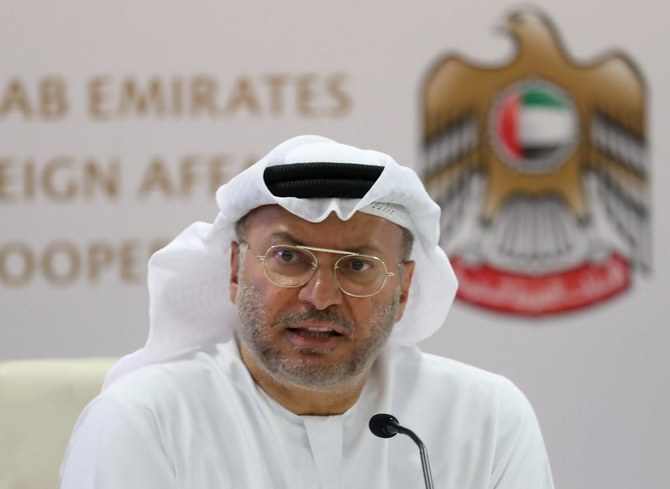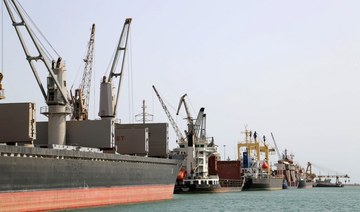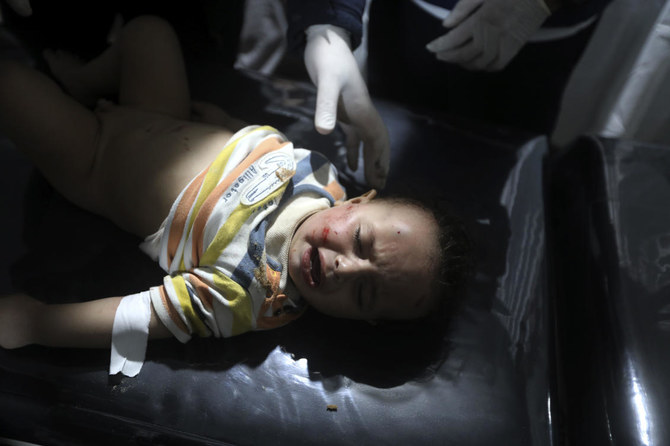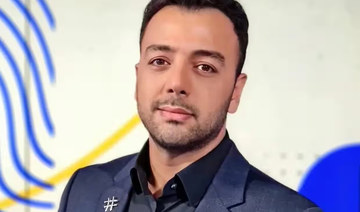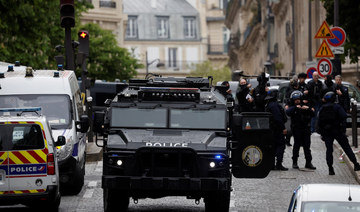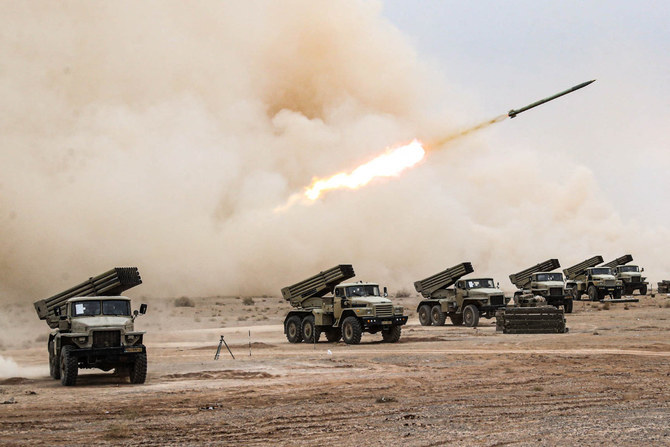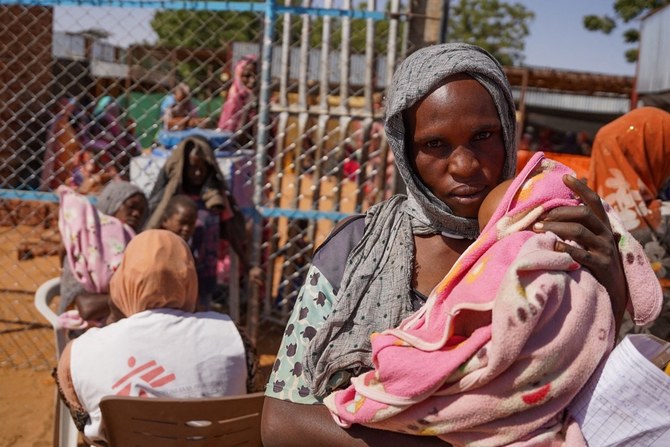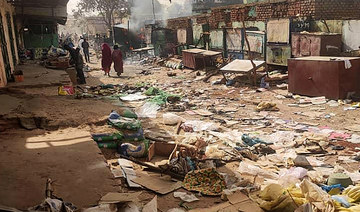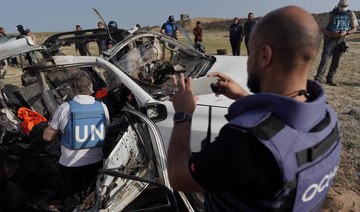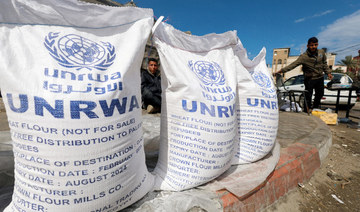ABU DHABI: The UAE has called on Arab states to explore a more stable regional order in which all countries will be able to thrive.
The call was made by UAE Minister of State for Foreign Affairs Anwar Gargash in the keynote speech for the Abu Dhabi Strategic Debate (ADSD) on Sunday.
Referring to the conflicts and related challenges in Yemen, Libya and Iran, Gargash said that the Arab world had reached a “critical juncture” and that the next 12 months could be “decisive.”
With “Old Power Competition in the New Age” as its theme, the ADSD has lined up an array of speakers, including politicians, policy-makers and experts. Among the topics being discussed are “global distribution of military power,” the “global geo-financial map,” artificial intelligence (AI) and cyber capabilities.
The focus of the sixth Emirates Policy Center-organized ADSD is power distribution in the Middle East and the competition for influence and leadership in the region by three non-Arab regional powers: Iran, Turkey and Israel.
Gargash said that Arab states should use the present period of crisis as an opportunity to build a stable regional order with new values and “respect for national sovereignty” at its core. To this end, he appealed to leaders and policymakers for fresh and constructive ideas.
“We cannot have a stable order if countries like Iran and Turkey feel they can freely intervene in other states, or if some states have to live in fear of intervention by others,” he said.
Gargash referred to the two attacks in September on the Saudi Aramco oil facilities, the Turkish invasion of Syria, and Israel’s threats to annex Palestinian territories as examples of developments that require “careful management and serious- minded statesmanship.”
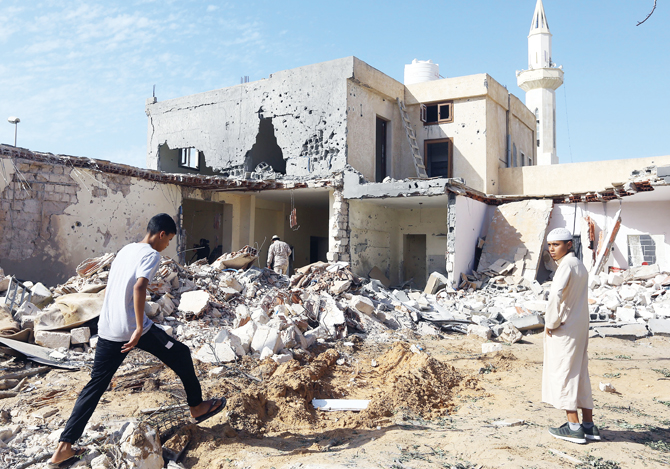
Libya’s conflict required cools heads, firm resolve and dynamic diplomacy. (AFP)
Pointing to the conflicts in Yemen and Libya and the ongoing protests in Iraq and Lebanon, he said that these required “cool heads, firm resolve and dynamic diplomacy.”
There is very little room for missteps, Gargash said, while appealing for cooperation, not “destructive competition,” between the major powers.
With regard to Iran, Gargash said that there is a need to reach a more sustainable deal that would de-escalate regional tensions.
“We should not fall for the false choice between war on the one hand and a flawed JCPOA on the other,” he said, referring to the 2015 Iran nuclear agreement’s official name.
Gargash said that reaching a durable agreement would require more diplomatic efforts on the part of Iran and the Arab states.
“The choice facing us is too often wrongly presented as binary — one between either conflict or capitulation,” he said.
On the issue of Yemen, Gargash said that neither an “endless conflict” nor abandoning the people to Iran-backed Houthis and Al-Qaeda was an option.
Instead, diplomacy was required to reach a pragmatic, peaceful and sustainable political solution, he said.
Moving on to the global order, Gargash said that its future could not be viewed entirely in isolation from a new “regional order.”
“The rise of populism, the preoccupation of Western countries with their internal concerns, as well as growing divisions between the US, Europe, Russia and China, mean that we are not getting the kind of coherent international leadership that we need in this region,” he said.
Gargash said that the UAE’s vision for a new regional order required “strong regional multilateralism” that could achieve peaceful resolutions and work to build a world that would provide security for all people and nations.
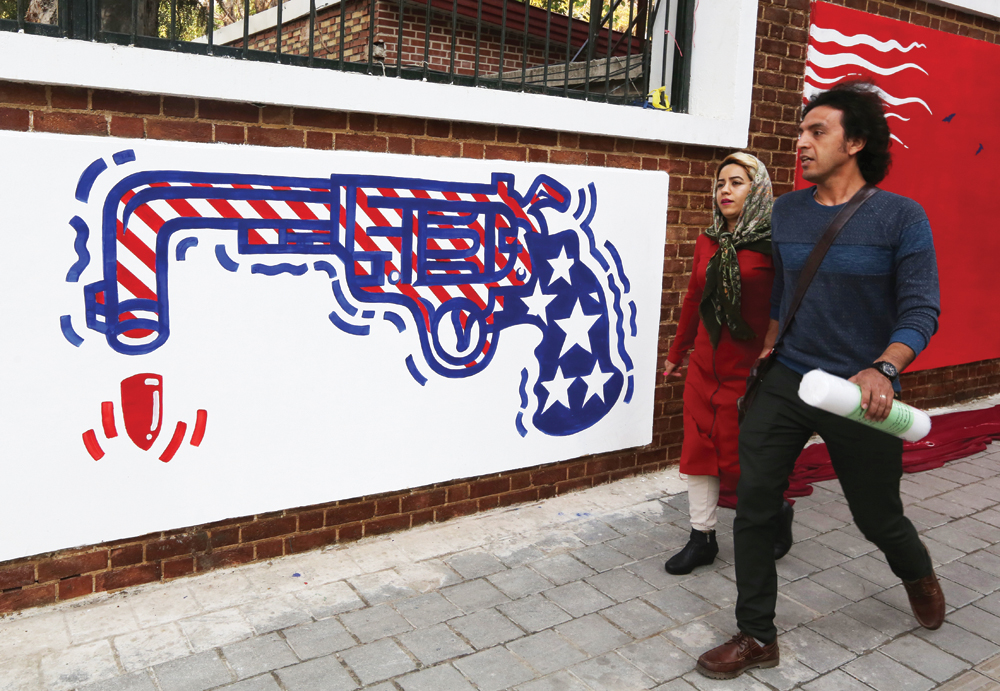
Anwar Gargash said there is a need for a more sustainable deal with Iran. (AFP)
Against this backdrop of regional uncertainty, Gargash underscored the importance of the UAE’s all-round evolution.
The UAE will continue to champion women’s empowerment and expand the role of young people, he said.
He cited the first World Expo in the region — due to open in Dubai in October 2020 — as one of the UAE’s biggest achievements.
Among the other topics discussed on the first day was the increasing integration of artificial intelligence (AI) into daily life.
Omar Sultan Al-Olama, the UAE’s minister of state for artificial intelligence, addressed a common challenge facing countries worldwide: namely the impact of technologies on social behavior.
Discussing the UAE’s policies in the new age and the capabilities of AI and space industry, he said the country believes in being in the forefront of the AI revolution and seeks to become a regional hub for technological innovation.
Al-Olama said AI has limitless potential for creating jobs that cannot be foreseen.
“I anticipate that AI will play a huge role in health care, disease diagnosis, and the creation of medicine,” he said.
“It will also change the education sector and the way we consume information and interact with one another,” he said.
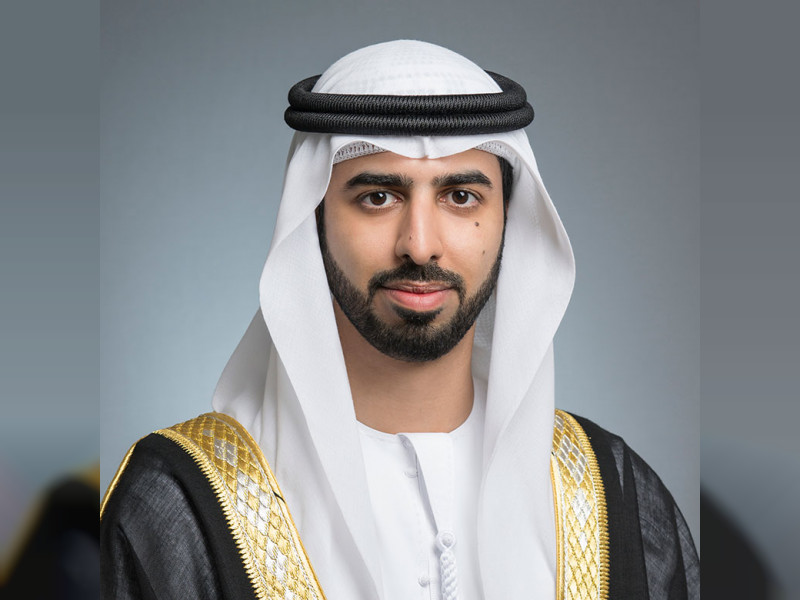
UAE Minister of State for Artificial Intelligence Omar Sultan Al-Olama. (WAM photo)
He spoke of a theory that predicts that the first trillionaire in the world will be a part of a movement or company that has not only mastered transportation to space but is also utilizing its resources.
He agreed that the assimilation of AI and advanced technologies in various sectors and through social media has affected the social fabric of every country.
“Around 20 years ago, people were able to have a conversation and socialize with each other face-to face for hours,” he said, “whereas nowadays, people can have a 10-minute conversation in person but exchange WhatsApp messages for hours.”
Citing addiction to social media as one of the pitfalls of technology, he said there is a need for a specialized body that can pass laws and regulations to prevent the social disruptions caused by technology.
A case in point is China’s move to prevent children from playing video games past 10pm, he said.
Coinciding with the conference, Al-Olama announced via Twitter the launch of the UAE Artificial Intelligence Network, an initiative that aims to bring together the best minds in the public and private sectors to identify key challenges and propose solutions to accelerate the adoption of AI technology.
Another speaker who discussed the impact of technology in numbers was Dr. Jean Marc Rickli, head of global risk and resilience at the Geneva Center for Security Policy.
“The world is producing 2.5 exabytes of data on a daily basis. We are talking about going from 50 million connected devices now to 500 billion connected devices by 2030,” he said.
With the use of AI, humans are slowly shifting “our physical world into the digital world,” he said. This raises a critical question: How do we control this proliferation?
An example of AI’s rapid growth globally is French President Emmanuel Macron’s decision in 2018 to award €1.5 billion ($1.65 billion) for research and development over a period of five years.
In the same year, Alibaba also spent $15bn on research and development in AI.
“You have two giants emerging but you also have the growth of companies that are becoming super powerful,” he said.
Rickli said the international community is currently unprepared for the exponential rate at which AI is growing, adding that governments and institutions remain linear in their thinking.
Rickli said the gap between governance and technology will only continue to increase. “The more time passes, the more the gap increases and the more irrelevant we are becoming,” he said.
Earlier during the opening session, Dr. Ebtesam Al-Ketbi, president of the Emirates Policy Center, announced the creation of the Emirates Policy Center Academy (EPCA).
Describing it as the first training academy of its kind in the region, Al-Ketbi said that the EPCA aimed to provide training courses in the fields of “policy analysis, building scenarios and designing strategies for decision-makers by adopting state-of-the-art scientific methodologies.”



